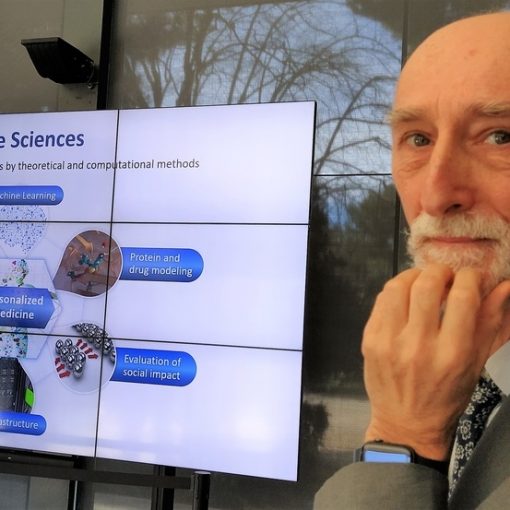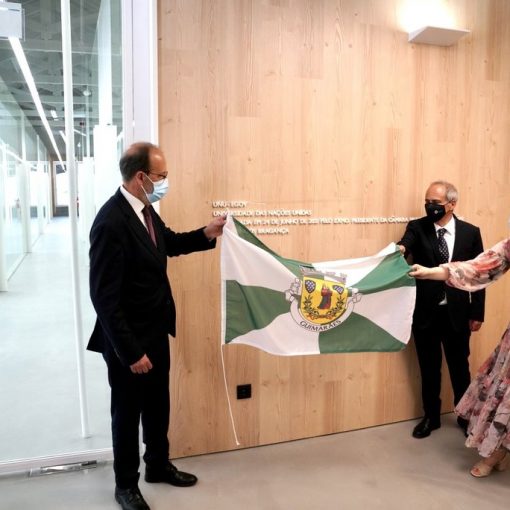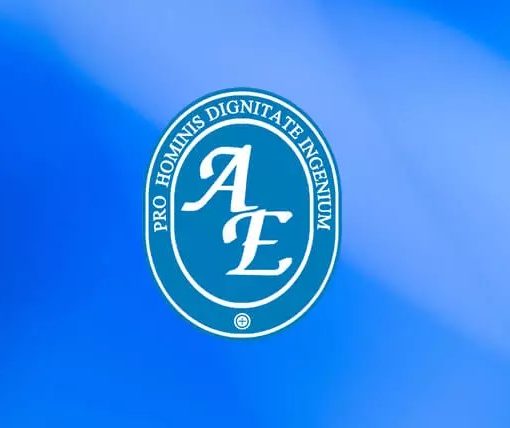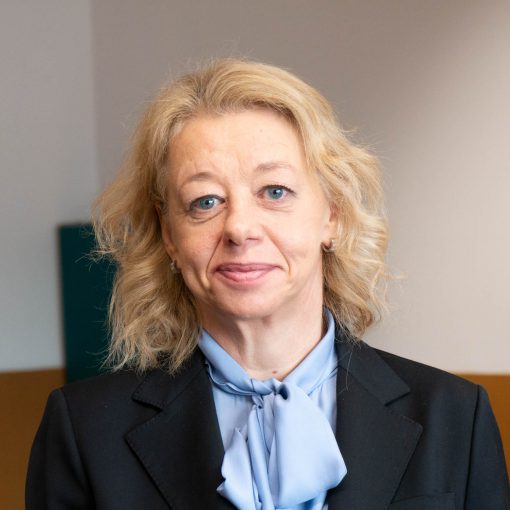The start of the academic year took place in the first week of September and the University of Minho’s ‘Welcome Programme’ activities took place on its campuses.
This programme, organised by UMinho in collaboration with the UMinho Academic Association (AAUMinho), was designed to welcome and integrate the 3,000 or so new students who were placed at the institution in the first phase of the National Competition for Access to Higher Education.
The highlight was the activities on Friday 6 September, when the new students were welcomed by Rui Vieira de Castro, Rector of UMinho, and Margarida Isaías, President of AAUMinho.
Also on the morning of the same day, there was a ‘Welcome by the Organisational Units’, when each School and Institute welcomed their new students. Their programmes include a presentation of the facilities, services and teaching teams of each course. At UMinho’s School of Engineering, 996 new students were welcomed in sessions organised by the School of Engineering’s Presidency team, in the noble auditorium on the Azurém campus, and in the B1 auditorium of CP2 on the Gualtar campus. At these sessions, the Chair of the School of Engineering welcomed the new students and briefly presented what is the largest school in the best academy in the country. T-shirts with EEUM’s signature brand ‘Tomorrow Needs Engineering’ were also distributed to each ‘freshman’, so that they could wear it proudly and identify with the School of Engineering’s academic community from an early stage.
After this brief presentation of the EEUM, the new students were taken to sessions with their Course Directors.
This ‘Welcome Programme’ started at the beginning of the first week of September with the training of students who welcome and support the integration of new students and with the GPS for the Gualtar (Braga) and Azurém (Guimarães) campuses. This initiative has already seen the participation of the ‘UMinho ambassadors’, older students who have introduced newcomers to the different areas of the University. Throughout these days there was also a ‘Nucleus Show’, a moment when the nuclei and associations of the different UMinho courses introduced themselves to the new students and until the beginning of October other activities have already been defined, all of them promoted in the context of UMinho’s ‘Welcome Programme’, AAUMinho, the Organic Units and various sectors of the academy.
University achieves the best result ever in the National Access Competition and fills 99.1% of places
Demand for the University of Minho’s courses was once again high in the 1st phase of the National Competition for Access to Higher Education 2024/25 (CNAES), having reached a historic result with 99.1% of the places available at the institution being filled, according to information provided by the Directorate-General for Higher Education of the Ministry of Education, Science and Innovation.
For the 2024/25 academic year, UMinho offered a total of 3,022 places, distributed between the national access competition (2,977) and the local competition (the latter for the Degree in Music, with 45 places). Of the places in the national competition, 2,949 were filled in this 1st phase of the CNAES, with 3,836 students applying to UMinho as their first choice.
Thirteen UMinho courses had a minimum entry grade of 17 or higher. The course in which the last-placed student had the highest classification was Aerospace Engineering (191.4), followed by Medicine (183.8), Architecture (179.0), Law (177.6), Management (176.8), Industrial Engineering and Management (175.6), Fashion Design and Marketing (174.4), Marketing (173), Criminology and Criminal Justice (172.4), Economics (172.2), Biomedical Engineering (171.8) and Computer Engineering (170.6). It should also be noted that 14 of the Institution’s other degrees had a minimum entry grade of 16 or higher: Public Administration, Visual Arts, Biochemistry, Political Science, Communication Sciences, Accounting, Mechanical Engineering, History, Applied Languages, European Languages and Literatures, Maths, International Business, Psychology and International Relations.



